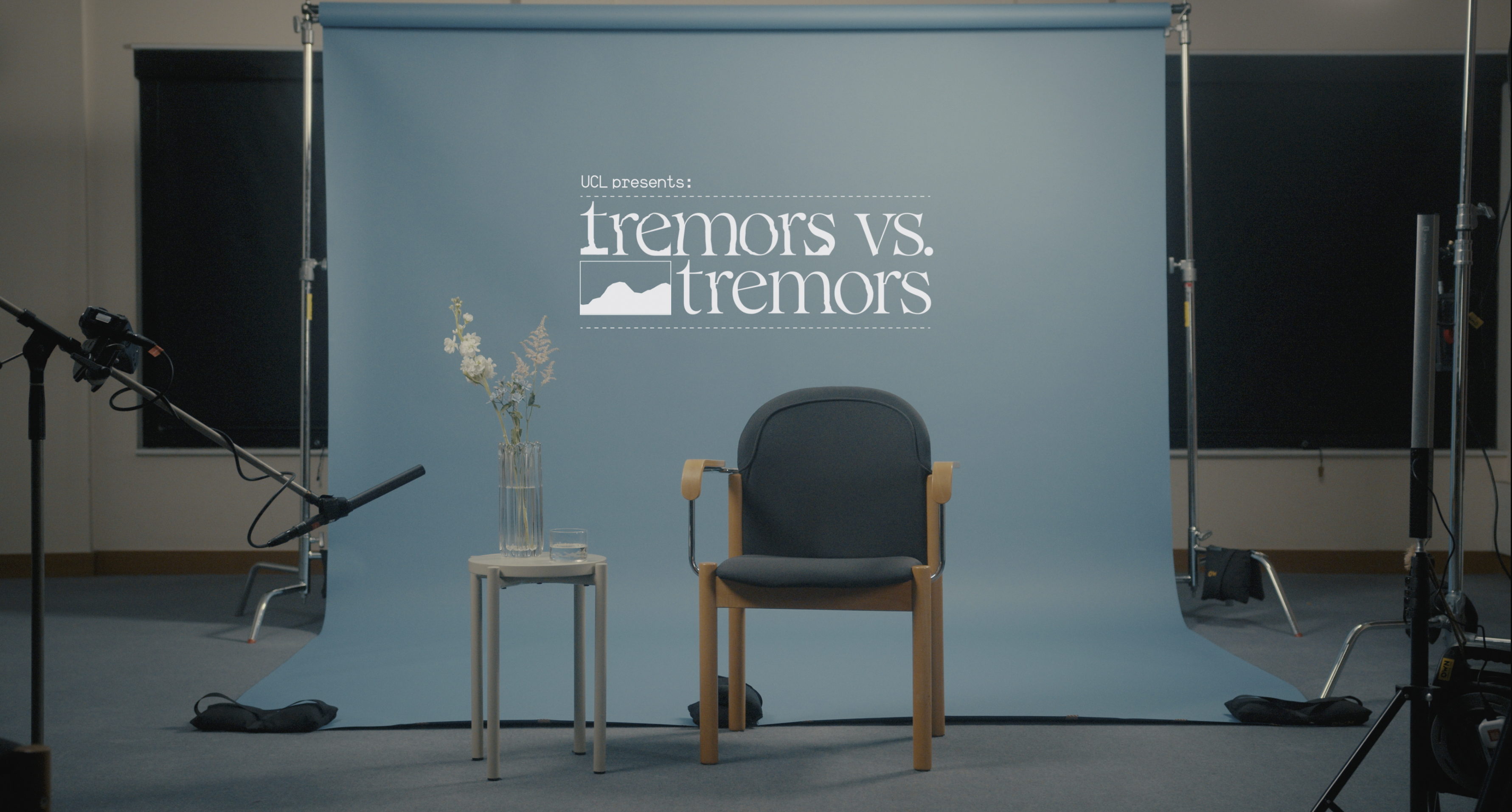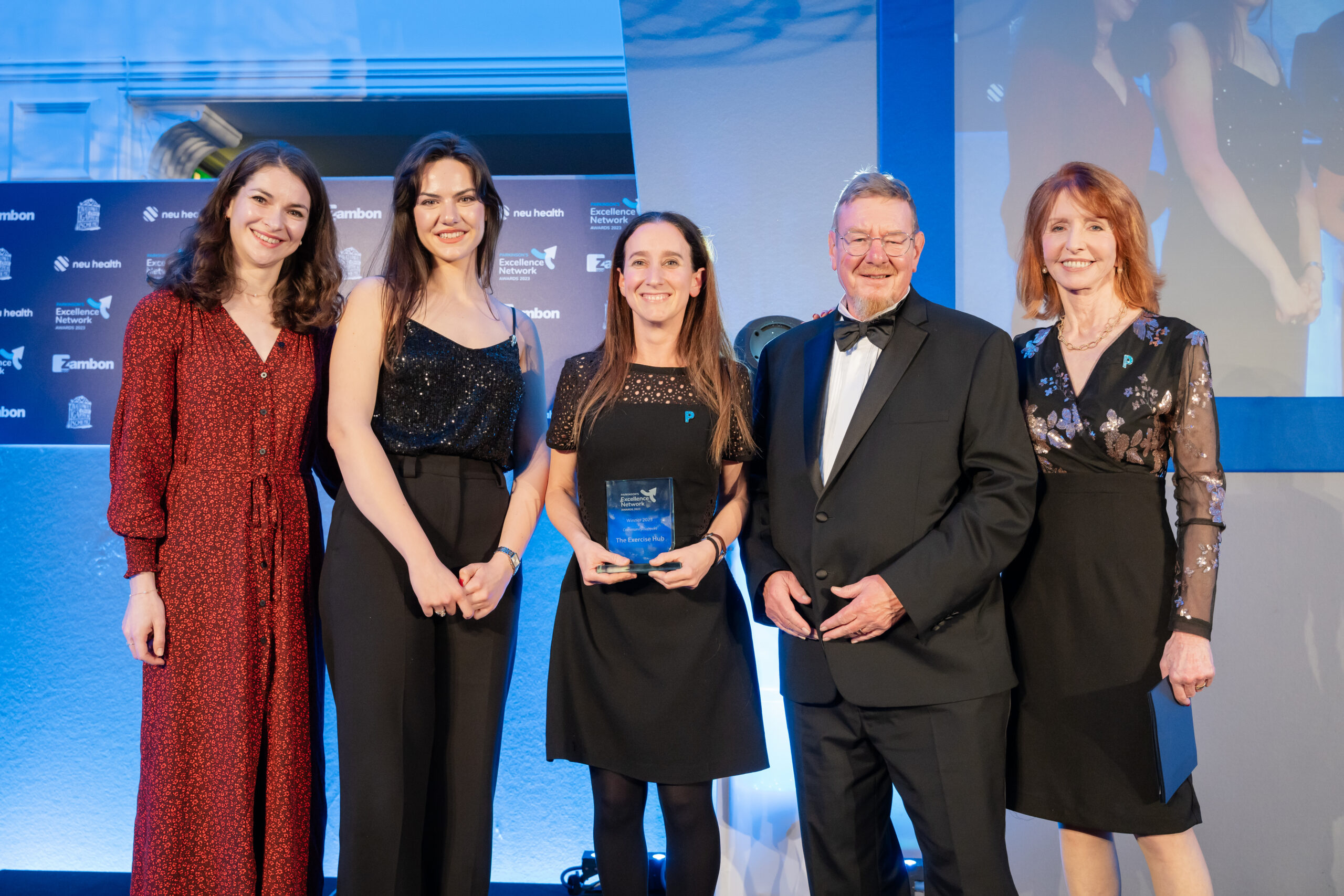UCL and leading charities launch Digital Hub to transform understanding of the brain’s role in Obsessive Compulsive Disorder (OCD).
Over the past two years, researchers and engagement specialists at UCL’s Department of Imaging Neuroscience and two leading OCD charities, International OCD Foundation (IOCDF) and UK-based OCD Action, have collaborated with people from the OCD community to create OCD and the Brain. This bespoke new website has been designed specifically for and with young people living with OCD and their parents and guardians, and shares engaging and evidence-based information about what we currently know about the brain’s role in OCD. The new site was launched at a livestream event with project collaborators, participants and the wider OCD community on Saturday 27th January 2024, and via a joint digital campaign led by UCL, IOCDF and OCD Action. The website includes an animation, a toolkit with engaging visuals and information about what we currently know about OCD and the brain, OCD resources, and information about the project and the team behind it. This new hub is now freely available to all: https://ocdandthebrain.com/.
The OCD and the Brain project was led by a collaborative team of Professor Tobias Hauser, Head of the Developmental Computational Psychiatry group based at UCL, and at the University of Tübingen, Germany, and his team at UCL (Dr Tricia Seow, Dr Alisa Loosen and Karen Hoang), OCD Action and IOCDF, and lived experience experts. OCD is the fourth most common psychiatric illness and among the tenth most debilitating. Despite this, it is often neglected and carries a lot of stigma. Prof Hauser’s team investigates why OCD emerges mostly during adolescence and how brain development contributes to OCD. A challenge they identify in their work, is that there is often a disconnect between what people living with OCD are experiencing, and what the latest brain research is focusing on. By working with, and co-creating neuroscience-informed resources with and for those living with OCD that are relevant to their needs, the OCD and the Brain project aimed to bridge the knowledge gap that exists between the research and the OCD community.
The first phase of this collaborative project involved a series of online creative workshops. Led by creative facilitator Rachel Bower, these sessions enabled young people living with OCD, their parents and guardians and OCD researchers to exchange their experiences and explore questions and ideas about the brain’s role in OCD. Insights captured from the workshops formed the basis of the website content. This was then co-developed in the second phase of the project, through focus group sessions with members of the OCD community (Community Gatekeepers), researchers and the two charity partners. This co-development phase focused on developing all aspects of the site, including the content, style, user-experience, visuals and overall tone, ensuring its accessibility and relevance to both young people and adults. This was done in collaboration with Creative Partner, Boyle and Perks.
The OCD and the Brain hub has been shared widely with the international OCD community, particularly through the networks of OCD Action, IOCDF and the members of the OCD community who have been involved throughout the project. As well as co-creating a resource that we hope will be accessible and useful to the OCD community, insights gained during the process have influenced the research team’s future work, whose research questions are now more aligned with participants’ interests and needs. OCD and the Brain is currently available in English, with a German version due to be launched later in 2024.

Reflecting on the project, OCD and the Brain team members said:
- Leigh Wallbank, Chief Executive Officer, OCD Action: “The OCD and the Brain Project has been an inspiring initiative to be a part of. Neuroscience has so much to offer the OCD Community, but, sometimes, there can be a disconnect between the pioneering work that scientists are doing and the way this is landing with the OCD Community, meaning some of the hope brought by the work can be lost. The complete commitment there has been in this project to working on a basis of equal power, to valuing everyone’s voice equally, has changed this experience and meant that the knowledge and expertise of the researchers is now able to reach and help many young people and families. Our team believes that this tool has the power to transform lives. The unique way that people with lived experience have worked with the scientific expertise, means that, for the first time, young people will have easy access to understandable information that can help them quickly understand not just the importance of treatment, but what could cause OCD and therefore why treatment works. The empowerment that this could offer to young people cannot be overstated.”
- Liz Lindley, Director, External Relations & Partnerships, International OCD Foundation: “The OCD & The Brain project is a global collaboration that will ultimately help increase awareness and understanding of OCD. As we prepare to launch, the IOCDF is proud to have been a part of this collective effort that brought together diverse perspectives from around the world to create an educational resource that will appeal to a broad audience. This collaboration has enriched all of us in the process, including partners, stakeholders, researchers, advocates and designers. Together, we learned the complex interplay between the brain and OCD, and together created a valuable tool for the community, by the community. We appreciate the tremendous opportunity to make a meaningful contribution with our partners and are excited to see the impact of our work on the global OCD community, particularly young people with OCD and their families.”
- Prof Tobias Hauser, Head of the Developmental Computational Psychiatry group based at UCL, and at the University of Tübingen, Germany: “This project has transformed how I think about and use lived experience in my research. Whilst previously we had little or no lived experience involvement in our research projects, we now consult or even co-produce many of our research projects. We have written a new research grant, where we consulted with many diverse voices – from the conception of the core idea. I believe that this has not only made our application stronger, but that the findings will produce more relevant outcomes.”
- UMA R. CHATTERJEE, M.S., MHPS, Community Gatekeeper on the project: “As a neuroscientist, patient with OCD, & OCD advocate, co-creating the OCD Toolkit has been a phenomenal experience of growth & learning for me. This process has taught me so much about distilling down complex scientific findings into bite-size concepts that balance simplicity and accuracy. There is a vast need for research to be effectively communicated to the OCD experience, and this toolkit provides an accessible and comprehensive resource to empower the community with education and hope. This experience has really illuminated the need for science communication and public engagement initiatives, and I’m so grateful to have been part of this wonderful example to follow for the rest of my career!”
- Kim Vincenty, Community Gatekeeper on the project: “OCD affects everyone in its orbit. If you are someone living with the disorder, are a caregiver or loved one of someone who has OCD, you know the profound impact, and often devastation OCD can create. Fortunately, you soon learn that knowledge is power when dealing with this disorder and finding effective treatment. Unfortunately, good information is not always easy to access or understand. That is why I was thrilled to participate in the OCD and the Brain project with UCL. This team of researchers and individuals with lived experience have worked together to create a toolkit that helps to explain how OCD affects the brain. Using easy to understand animation, coupled with clear information on how OCD alters normal functioning in individuals living with this disorder, the OCD and the Brain project hopes to bring clear, concise information to those affected by OCD. As a parent of someone who lives with OCD, I know how critical it is to understand what is going on, and how caregivers can exercise effective support. I share the team’s desire to reduce stigma and the misinformation that surrounds the OCD Community. I also offer my sincerest gratitude to the UCL team for their dedication to create a valuable tool that will inform and be shared world-wide. Bravo!”
- Kathy Stocking, Community Gatekeeper on the project: “The OCD and the Brain project team and community engagement members are such a smart and compassionate group of individuals dedicated to helping educate young people and their families about OCD. I am pleased to have participated in the process and am confident that the resulting toolkit will be able to help millions of OCD sufferers and their families understand more about the disorder from a source that has both paid attention to the scientific research and, importantly, included the voices of those with lived experience.”
You can read more about the project and the team behind it on the new website: OCD and the Brain. You can also watch the animation below.
You can also read more about the project on the OCD and the Brain webpages within this site.
This project was funded through the Wellcome Research Enrichment – Public Engagement Fund.





